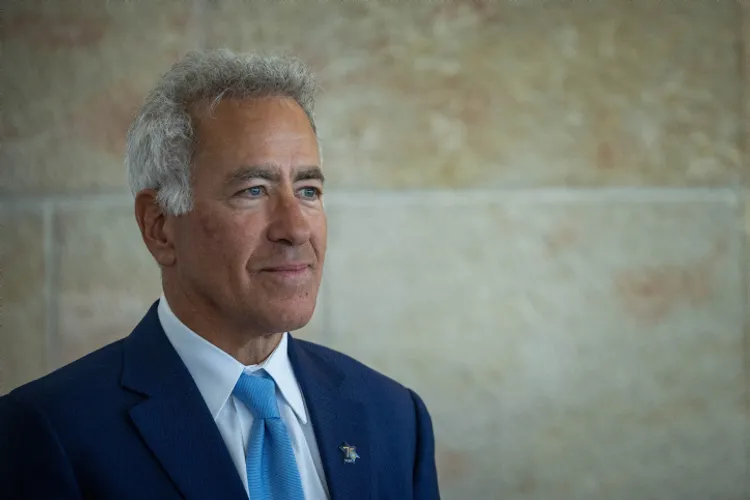
Everyone’s a Little Bit Lance-Like
Everyone’s a Little Bit Lance-Like
January 29, 2013
The Los Angeles Times — While the story of disgraced cyclist Lance Armstrong may make us feel superior in our honesty, a recent BGU study published in the journal Psychological Sciences finds that given the opportunity we often choose to lie.
“To lie and to keep the lie going over time, requires two things: motivation and justification,” says Dr. Shaul Shalvi of BGU’s Department of Psychology.”Whether the motivation is money, fame, status or the high esteem of others, it must be counterbalanced with enough justification that we can sustain our image of ourselves as good people.”
In his lab in the Negev desert, Dr. Shalvi found evidence that when faced with an opportunity to lie, subjects made a quick but precise calculation of that balance.
Study participants were given a die to roll on their own. What they came up with on their first roll would determine their reward, they were told: the higher the roll, the more money they would be given. When given three chances to roll, subjects frequently lied, reporting not the value of their first roll but of their highest roll, Dr. Shalvi and colleagues found.
But when they had only one chance to roll the die, far fewer of them lied: Given a single, clear outcome, subjects could not “fudge” the truth with the justification that they had, after all, gotten a higher number at some point in the game.
“For Lance Armstrong, the decision to lie could have been easy,” says Dr. Shalvi.
“With much to gain—and hence, high motivation—Armstrong could tell himself he was inspiring people with his story of triumph over cancer; that he was using his fame and money to help cancer patients and find a cure; that he was universally admired for his grit and his skill as an athlete and a team leader.”
Read more on The Los Angeles Times website >>



